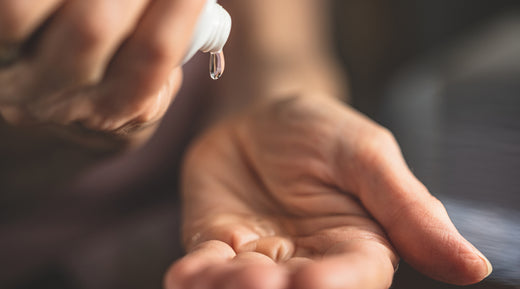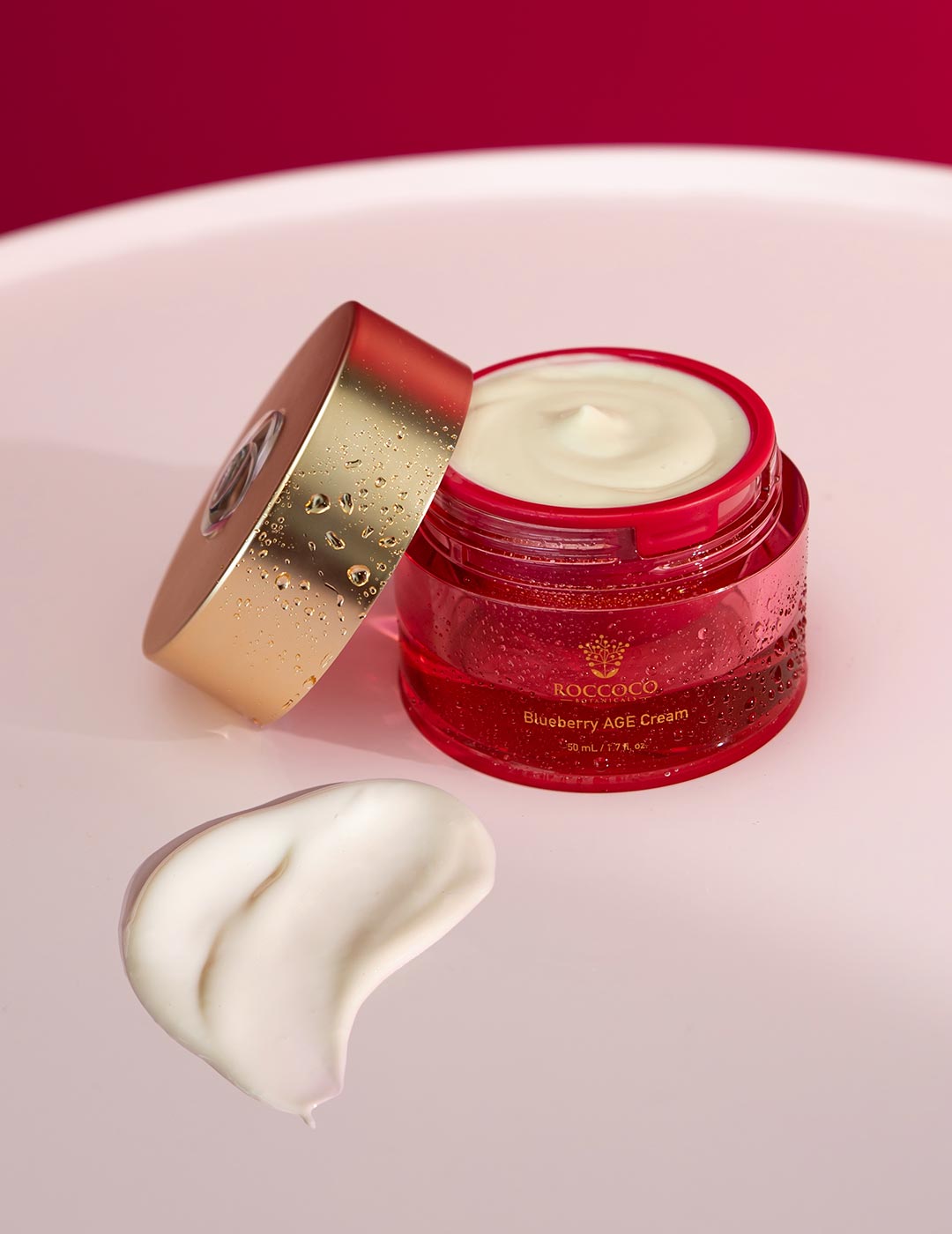The skin is our body's largest organ, and its health is connected to almost everything we do…
And one major (but often overlooked) factor that significantly impacts skin health is the circadian rhythm.
The circadian rhythm is an internal biological clock that regulates various bodily functions over a 24-hour period.
It tells you when to sleep, when to wake up, and even when you should eat!
Today, we’ll look at your circadian rhythm and its impact on your skin!
Understanding the Circadian Rhythm
The circadian rhythm, often referred to as the body's internal clock, is responsible for regulating various physiological processes, including sleep-wake cycles, hormone production, and metabolism.
The “master clock”takes care of the major rhythms, while “peripheral clocks” regulate each organ.
These peripheral clocks respond to external cues like light and darkness, which influences and changes the way your cells behave (yes, really!)

Skin's Circadian Rhythm
The skin's circadian rhythm plays a big role in essential functions like cell turnover, collagen production, and protection against environmental stressors.
During the day, the skin focuses on defence mechanisms, combating UV radiation, pollution, and other external aggressors.
At night, it shifts its attention to repair and regeneration, promoting the growth of new cells and the production of collagen and other essential proteins.
Disruption of Circadian Rhythm and its Impact on Skin
But here’s the thing - modern life doesn’t work strictly with the sun anymore.
In fact, irregular sleep patterns, increased exposure to artificial light, and shift work, can disrupt the natural circadian rhythm.
Unfortunately, this can lead to a range of issues for your skin.
In fact, research suggests that it can damage the skin's barrier function, decrease collagen production, and increase inflammation.
Not only that, but a disrupted circadian rhythm has been linked to various other skin issues such as premature ageing, increased sensitivity, and an increase in skin disorders.
The Role of Sleep in Skin Health
Quality sleep is so important for your circadian rhythm - and it has a massive impact on skin health!
During deep sleep, the body releases growth hormones, which stimulates cell turnover and repair.
Lack of sleep can lead to increased cortisol levels, contributing to collagen breakdown, skin dehydration, and slowed healing. Not only that, but a lack of sleep is also associated with increased inflammation - exacerbating conditions like acne, psoriasis, and eczema.

Environmental Factors and Circadian Rhythm Disruption
In addition to lifestyle choices, environmental factors also play a significant role in circadian rhythm disruption.
Artificial light exposure, especially the blue light from screens at night, can interfere with the natural production of melatonin, a hormone that helps you fall asleep. Coupled with irregular exposure to daylight, our skin is not able to properly regulate its day-night cycles for healing and repair.
The Overnight Recovery Mask
When it comes to optimal skincare (especially after late nights) Roccoco Botanicals Overnight Recovery Mask is here to help.
This innovative mask is designed to counteract the many problems of a disrupted circadian rhythm.
Packed with anti-inflammatory ingredients, this miracle mask aids in healing and strengthening the skin's natural barrier.
Its potent formula works overnight to repair and regenerate the skin, promoting cell turnover and collagen production. Plus, the mask's anti-inflammatory properties reduce redness and irritation, making it an ideal solution for anyone with sensitive skin.
Overnight Recovery Mask also acts as a protective shield against pollution. By creating a barrier against environmental pollutants, this mask helps keep skin smooth, radiant and protected.

Click the link to try the Overnight Recovery Mask for yourself!
Read more

In the ever-evolving world of skincare, nature continues to provide us with hidden gems, and one such treasure is the Camellia flower. Revered for centuries in Eastern cultures, this flower has a...

In today's fast-paced world, our skin is exposed to various pollutants and impurities that can clog our pores and cause breakouts. That's where the power of double cleansing comes in. By incorporat...



